
PA Technology correspondent and smart home veteran Martyn Landi tries out Google Home alongside self-confessed AI-assistant newbie Nilima Marshall. This is what they found.
By now you’ll have heard all of the fuss surrounding smart home speakers and their potential to let you control your home using just your voice.
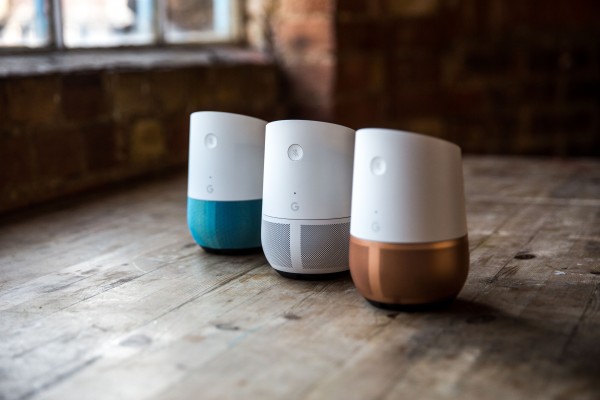
But what about in the hands of those of us not yet familiar with such technology? Is Google Home useful enough to the average consumer to justify embracing?
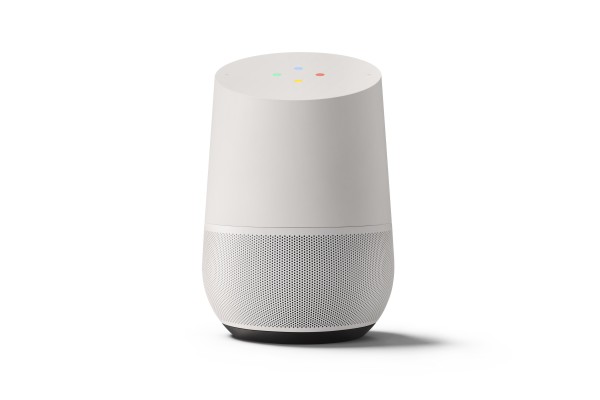
Martyn: Setting up Home is a fairly routine exercise.
Because this isn’t a smart phone, TV or games console – AKA a tech set-up we’re all familiar with and can do with our eyes closed these days – there is an element of trepidation with which you plug in Home, but this is definitely misplaced.
The companion Home app is very good at walking you through set-up.
One word of warning though, ensure your various apps and software on your smart TV are up to date – this caused us some early hiccups that meant I couldn’t initially link the TV to our Home, or see an obvious reason as to why this was the case.
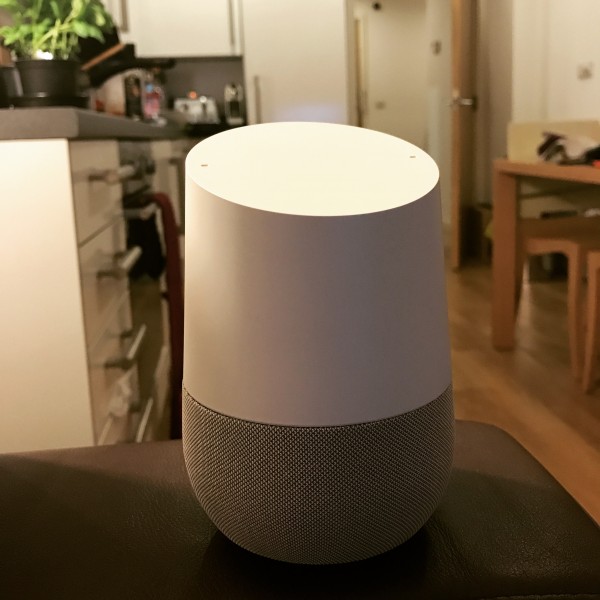
Frustratingly, I also had an issue with casting Netflix via voice commands from Google Home. This ultimately proved to be down to a compatibility issue with my make of TV but it’s an annoying blind spot to encounter so early.
It’s not fatal, but it’s the kind of teething problem such a product could do without at launch.
Nilima: This is actually pretty easy. All you need to do is plug the device in, switch on the power, download the Google Home app and follow the instructions and your Home should be up and running in less than five minutes.
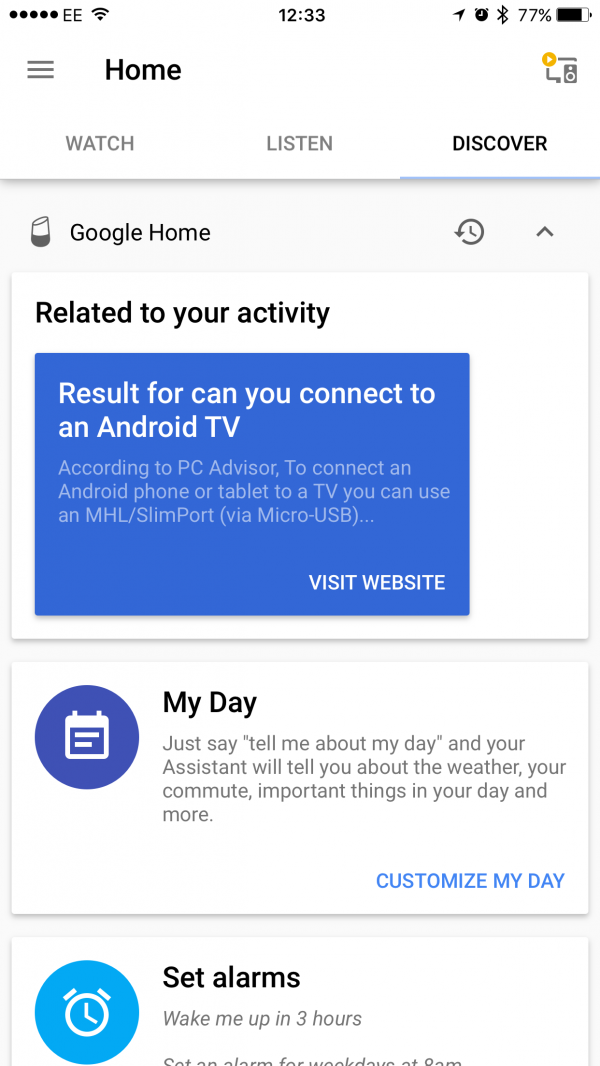
Martyn: As already touched upon, the Home app serves as a very good hub from which to liaise with your Home speaker when you don’t want to use your voice.
It’s an area of noticeable improvement over Amazon Echo and the Alexa app, which serves chiefly as the place to add new skills to Echo.
In contrast, the Home app can be used to pull up videos from YouTube, BBC iPlayer and Netflix on your phone once you’ve linked your account, as well as manage other aspects of your Google Home.
Nilima: The app is uncomplicated and easy to use. I like the fact that you can delete the questions you asked Home (Go to More settings and then scroll down to click on My Activity), and Google won’t store the information.
But should you want to keep the data, you can click on the Discover tab and find the links to information that might prove useful to you – based on Home’s record of what you have asked her (yes, I see her as a person).
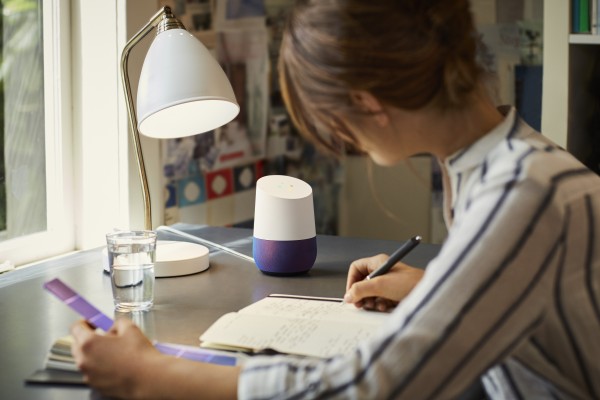
Martyn: The Google Home experience right now is good but it’s also one littered with potential and ‘nearly’ moments.
Home is more rounded and capable than Alexa was a week into its existence in the UK – most of which is driven by having the power and scope of Google’s well-established services behind it – but it still has issues that need to be addressed.
The voice recognition still needs work; it catches commands first time at a lower rate than Echo and having to ask three times for a music playlist grates when you’re trying to multi-task.
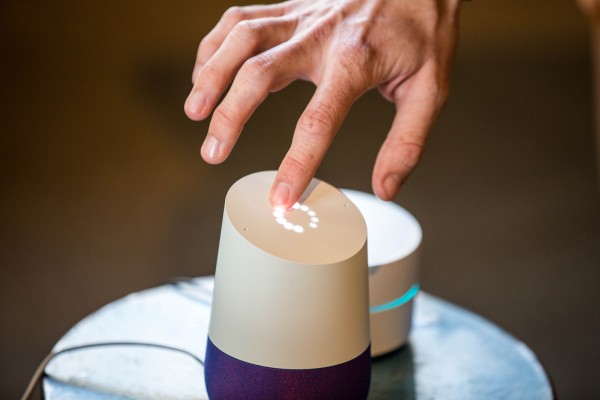
The trigger command of ‘OK, Google’ also doesn’t exactly roll off the tongue either. It feels clumpy and can be stumbled over, but it also lacks the casual, friendly nature that speaking to ‘Alexa’ conjures up.
‘OK, Google’ feels less like talking to a personal assistant and more like conversing with a big company and that isn’t very homely.
Nilima: I don’t own an Alexa and I rarely use Siri on my iPhone or Cortana on my PC, so Home is actually my first AI assistant. It feels slightly weird to speak to speak to an inanimate object, but I think I am getting used to it now.
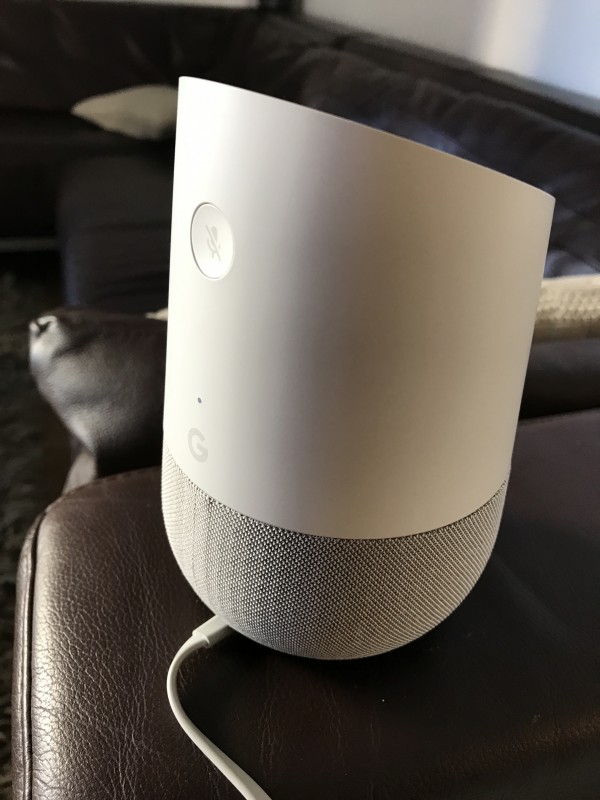
Home is a female assistant, so I would have preferred her to have a name. “You can call me your Google assistant,” she says when I ask her about what she would like to be called.
However, I do like the fact that she has a fun and quirky side to her – ask her Easter-egg questions (the ones the Google doesn’t advertise) like “Are you friends with Alexa/Cortana/Siri?”, “Do you like Star Trek or Star Wars?”, “Where’s Wally?” or “Who would win in a fight between Superman and Batman?” and be prepared for some interesting answers.
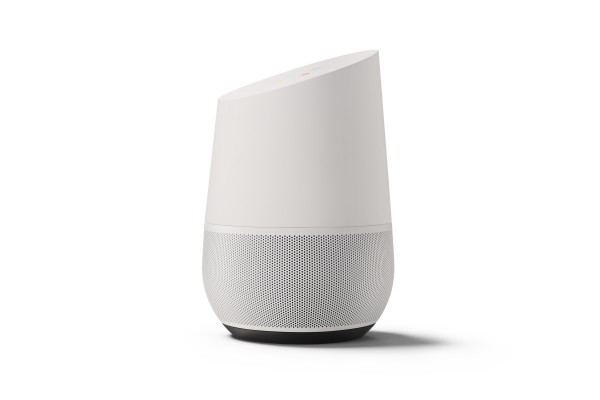
Martyn: One of Home’s strongest points is having the full power of Google Search behind it. Most queries you therefore fire at the speaker come back with a solid answer.
On the lighter side, Home is also good at helping out with more mundane queries, movie ratings, local restaurants and beyond, so once you get in the habit of turning to Home as your first port of call, it’s usefulness steadily increases.
Home also has a good number of smart home appliance partners on-board already too, so if you have smart lights or a Nest thermostat you can quickly build your own smart home control centre.
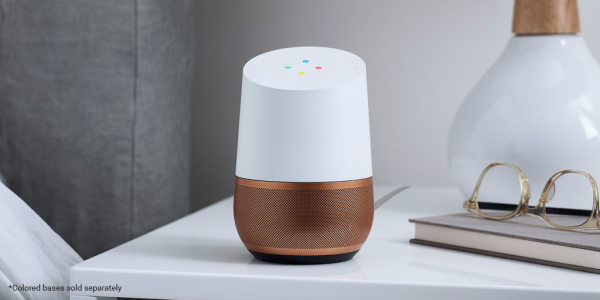
Nilima: Home pulls its answers from Google Search and other features like Google Translate so you can ask pretty much anything from “who is Martha Stewart?” and “What’s ‘how much do these apples cost?’ in Spanish?” to “Will I need an umbrella today?”, and Home will tell you what you need to know.
But when the questions get more specific, such as “What rating does Paranormal Activity 4 get on Rotten Tomatoes?”, I am met with a “Sorry, I don’t know how to help with that yet but I am still learning” response.
However, Home is pretty good when you are looking for traffic updates on M25 or whether you want to know your flight to Los Angeles is on time.
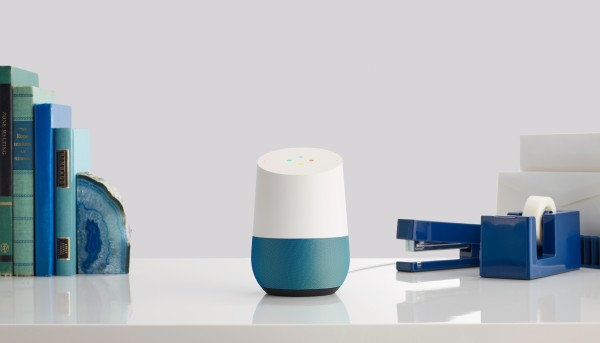
Martyn: Google Home’s biggest selling point right now is probably its potential for improvement in the months to come. With Amazon Echo as a measuring stick, Home is likely to become a markedly improved device in the near future as updates add new features while also ironing out issues.
Home has looks on its side and robust depth of software to be able to help you with anything. It links up with other entertainment devices in your home thanks to the Chromecast ecosystem and other appliances such as Philips Hue lights and Nest smart thermostats because we live in an age where such tech is common.
It’s far from perfect right now – and at this exact moment I’ll be sticking with Alexa – but Google Home has the potential to become the go-to smart home device in months and years to come.
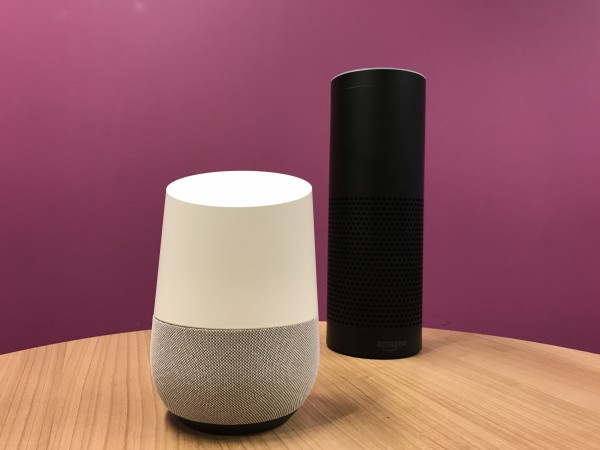
Nilima: Would I be able to live without Home? The answer is most likely, yes. But Home does bring something to the table and saves me from picking up my phone when I want to Google something.
To make the most of it, I need to make use of the Google ecosystem and start using Google Calendar instead of Outlook so Home can tell me what my day is going to be like and maybe stream via Spotify or Google Play instead of Apple Music if I want to listen to Norah Jones on the Home speaker.
I don’t have an app-controlled thermostat like Nest and the IoT devices I own aren’t compatible with Home yet.
So it means I will have to switch to Google-preferred devices or wait for firmware upgrades to make the most use of Home.